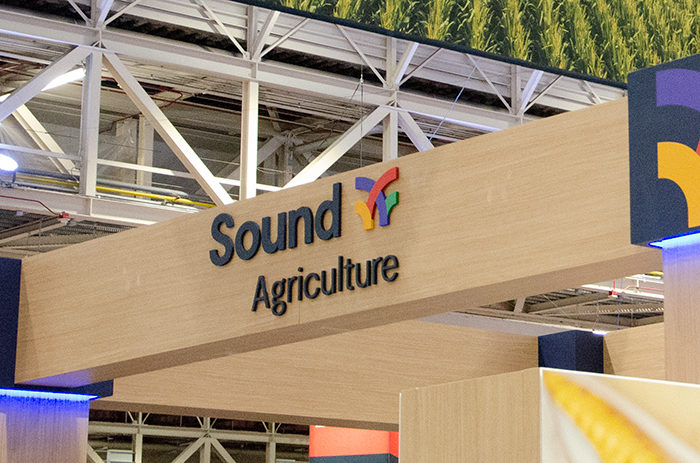Sound Agriculture, Emeryville, California, and Shell New Energies US have launched a feasibility study to measure the economic and environmental impact of reducing agriculture-related nitrous oxide (N2O) emissions. The program will be used to drive greater adoption of climate-smart practices and to identify opportunities to scale greenhouse gas avoidance and related carbon credit potential.
Human-caused N2O emissions have increased 30% in the past 40 years, with fertilizer playing a major role. If the trend continues, it could impede the goals of the Paris Climate Agreement, according to the Global Carbon Project's N2O impact assessment. While the use of cover crops and reduced tillage has increased, nitrogen reduction practices have not been widely adopted due to the economic risk associated with yield loss and the lack of data around carbon impact. Yet, 30-40% of applied nitrogen results in volatilization in the form of N2O, which is 300 times more potent than carbon dioxide. At the same time, fertilizer prices have increased 100-300% over the past year, so finding viable alternatives can be beneficial to a grower's bottom line.
Growers will leverage Sound Agriculture's Performance Optimizer, an online tool that uses yield targets, nitrogen application rates, and soil data to identify where SOURCE, the company's microbiome activator, will work best in combination with nitrogen reduction. The company will remove risk by underwriting yield loss and their agronomists will provide technical assistance throughout the season. Shell will support the project through funding and technical expertise to improve N2O field sample monitoring and validation. Trimble and Viresco Solutions will support program design, data aggregation and validation to help quantify the crediting potential under different methodologies.
The program has the potential to enroll three million acres of farmland over the next several years, reducing up to 350,000 metric tons of carbon dioxide equivalent per year by 2027. The initiative aligns with the growing momentum for climate-friendly practices as demonstrated by the USDA's recently announced Partnerships for Climate-Smart Commodities program, which is offering $1 billion in funding for climate-smart production practices, activities and systems.






